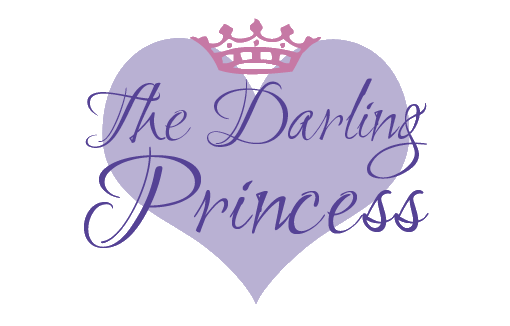
Integrating Traumatic Memories
The healing path varies from person to person. It took many years for me to tell anyone what happened to me. It took much longer for me to be able to share publically. I slammed out my story in a book. It took about ten months to write. Still, a lot of it was at arms-length, meaning I took a social analytical view. It is part social commentary, part personal testimony, and part recovery devotional. I had trouble integrating traumatic memories.
Healing
I’ve not arrived. I think that healing is just as much a process as development. Sure, the Scripture says we are healed. I believe that. It also says we are saved from destruction, if we trust the Son’s sacrifice and we have to simply believe that too. The only tangible truth comes when our own, specific prayers are answered supernaturally. Then, we get stronger in our faith. Faith is strengthened by integrating traumatic memories, too.
I had my first baby as a result of juvenile sex trafficking. I was 18 years old when she was born. A hero, social worker, helped me escape my trafficker. He threatened to kill me, if I didn’t abort. People have told me they think that was brave, but I was way more afraid to go to the abortionist and submit to his control than to take my chances on the streets.
The book tells the story of how child sexual abuse set me up for trafficking. Those memories and the brutality during trafficking are the memories that I need to integrate. You may have a similar experience or yours may be different. Perhaps, you were forced to have an abortion or you were exposed to domestic violence. Maybe it was a sudden death in the family or a disaster, like a fire or a tornado, or a flood. You might have been berated as a child, told you were not worthy of love and care, demoralized and defeated.
Integrate
Once we have experiences, proteins in our brains create structures to store the memories. They’ll never go away, but there are ways for us to deal with them constructively. We cannot allow them to re-traumatize us. They will sometimes. Our best efforts may not always prevent flashbacks. A smell or a sound, a phrase or a visual cue might evoke a physical response. With practice and integration, we can minimize the intrusion.
Scripture tells us to bring all thoughts into the captivity to the obedience of Christ. This concept is the subject of many sermons. Thinking good thoughts that build healthy structures in our brains is the most basic application. So, how do we integrate the memories of trauma in ways that will build those healthy structures?
Most of us will need some help, at least for a while. There are some things smart people have found helpful. It’s important to note: studies show traditional talk therapy and drugs, may mask symptoms and dull the senses. Many don’t help -long term. Lots of books document this now. One is The Body Keeps the Score, by Dr. Bessel Van Der Kolk, MD.
In the simplest terms, because we are complex beings, we need multifaceted approaches to healing. It may be the things we do at one time will need to change as our lives change. In my 20s, I used mostly prayer and Bible memorization. In my 30s, I attached drama and activism to the memories. By my 40s, I began speaking out more specifically about what happened. Now, I am using music and movement.
Memories
If you are having trouble with daily activities, please seek the help of a professional who has knowledge and experience with trauma recovery.
If you’re pretty stable, maybe you’re still plagued with harmful memories. The list below might reignite some urge to bring purpose to those memories.
- Art: painting, drawing, sculpture, graphic design, decorating, and other expressions of your inner beauty and pain
- Music: composition, playing instruments, singing, chorus, dance, or other movement activities that bring awareness of how you feel in a safe environment
- Yoga can be especially helpful for some people because the idea is to slow down and integrate mind and body
- Drama and story telling, or writing stories can be a great way of expressing feelings in a safe way without having to delve into our own experience too much
We can only properly process integrating traumatic memories if they don’t overwhelm us. By expanding our capacity in other ways, I think we can expand our ability to integrate memory with purpose and live valiantly.
If you have struggled with a traumatic past, what healing techniques have you used?



